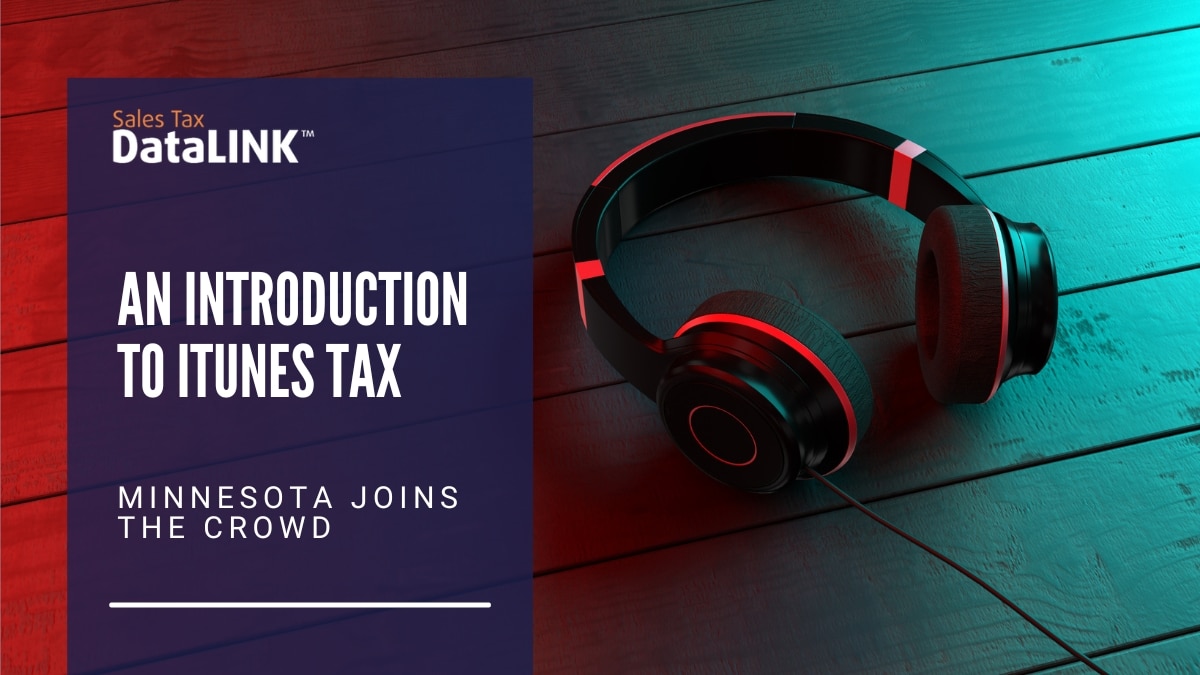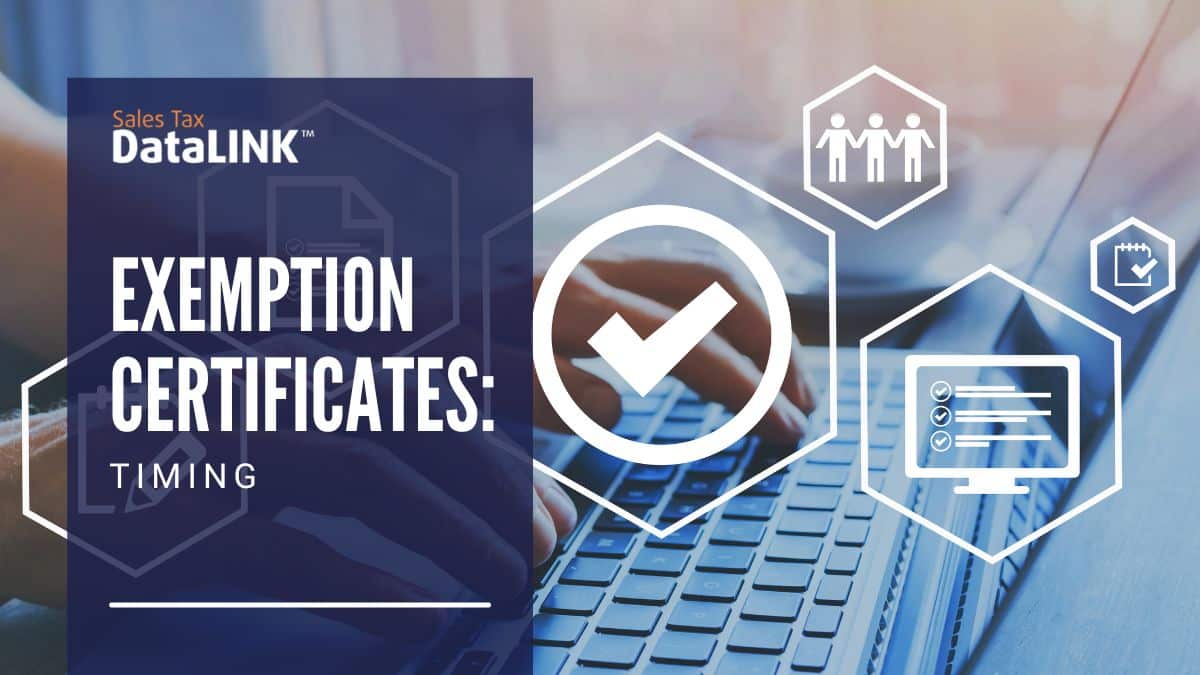On Monday, Minnesotans will start paying a new sales tax on downloaded digital media, also known as the iTunes tax. Joining 25 other states, Minnesota hopes to cash in on increasing e-book and digital music downloads as physical book and album sales decrease in brick-and-mortar stores. But just like other e-commerce taxes, this is only for businesses that have nexus in states where they sell downloadable and streaming content. The range of sales tax on digital media is wide and deep with complexities. Some states tax both music and books as well as apps and software. Others tax streaming content subscriptions like those of Netflix or Hulu. Not all states have the same rules or ideas on what constitutes downloadable content.
It comes down to a definition of what constitutes tangible personal property. Some states have chosen to define digital goods as tangible personal property and some have not. Tangible property has traditionally been defined as something you can experience with your senses. If it can be seen, weighed, measured, or touched, it is tangible property. For sales tax purposes, this generally excludes land or buildings but can include business inventory. Things like bonds, deeds, or copyrights aren’t considered tangible property and are therefore aren’t subject to sales tax. But when you get into the digital age when the senses you use to interact with downloaded content are limited, it can get a bit tricky. Consumers may find it easy to understand why e-books are taxed because ebooks have a lot in common with physical books, which are usually taxed. It’s harder to see the tangibility of downloadable software that enables you to integrate two software solutions.
In 1997 the federal government created the Internet Tax Freedom Act which prohibits taxing things like internet access, email accounts, or bandwidth. The object was to maintain the freedom and value of the internet. Under the ITFA, “internet” is defined as a way to access content or a service that provides proprietary content, such as email accounts. The ITFA was extended till 2014 during the Bush Administration and all relevant sales tax laws on the tax jurisdiction level were created after the ITFA was in place. While the Courts still need to weigh in on if these laws conflict, states have varying levels of strength in their sales tax laws about digital goods and if they’re subject to sales tax. Some states say digital goods aren’t taxable, like North Dakota and Washington D.C., whereas others specifically define digital goods as taxable sales, such as Washington and Vermont. In the future, we might find that with the ITFA, sales tax on certain types of digital goods need to be excluded unless the ITFA expires without renewal.




